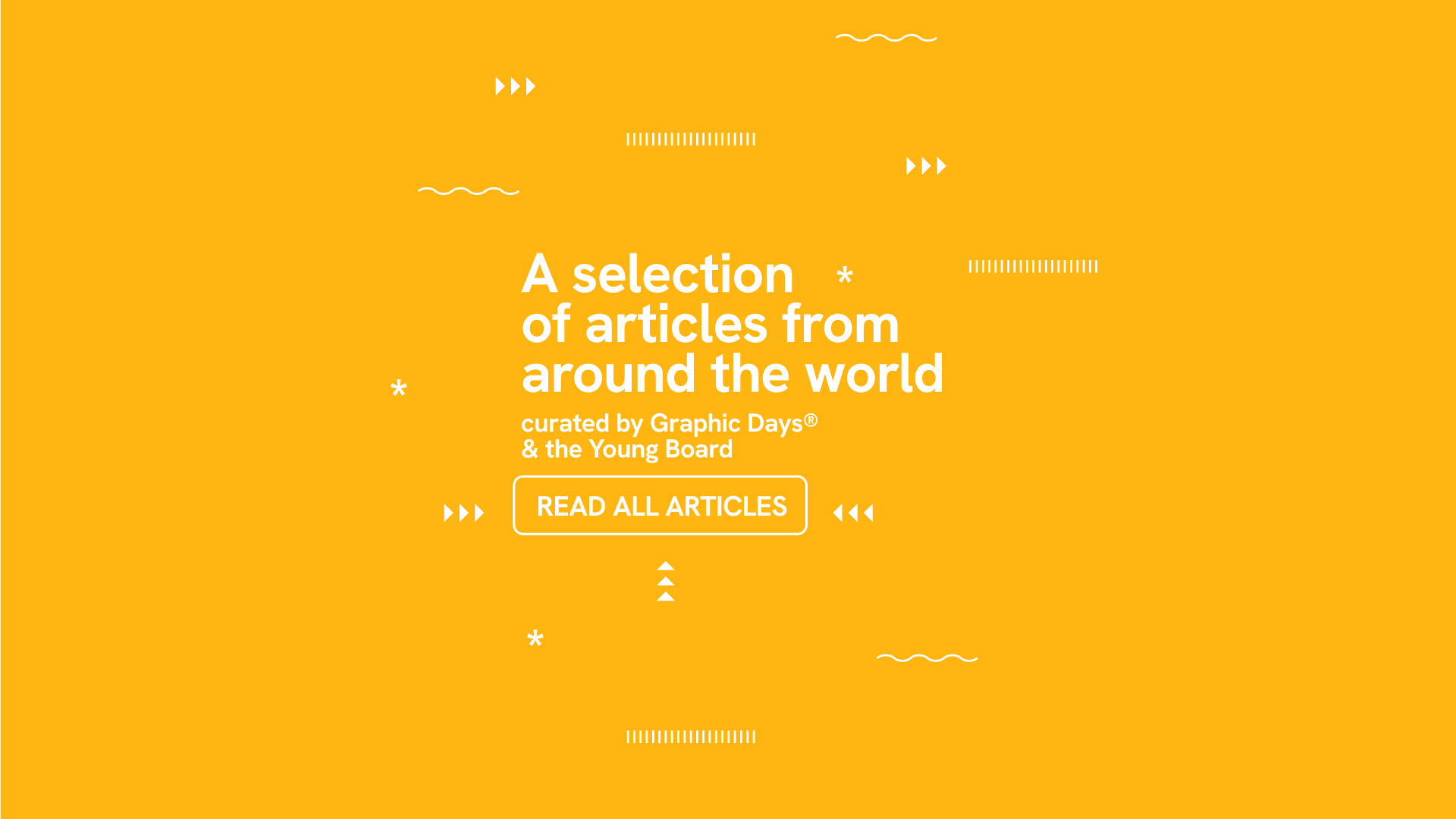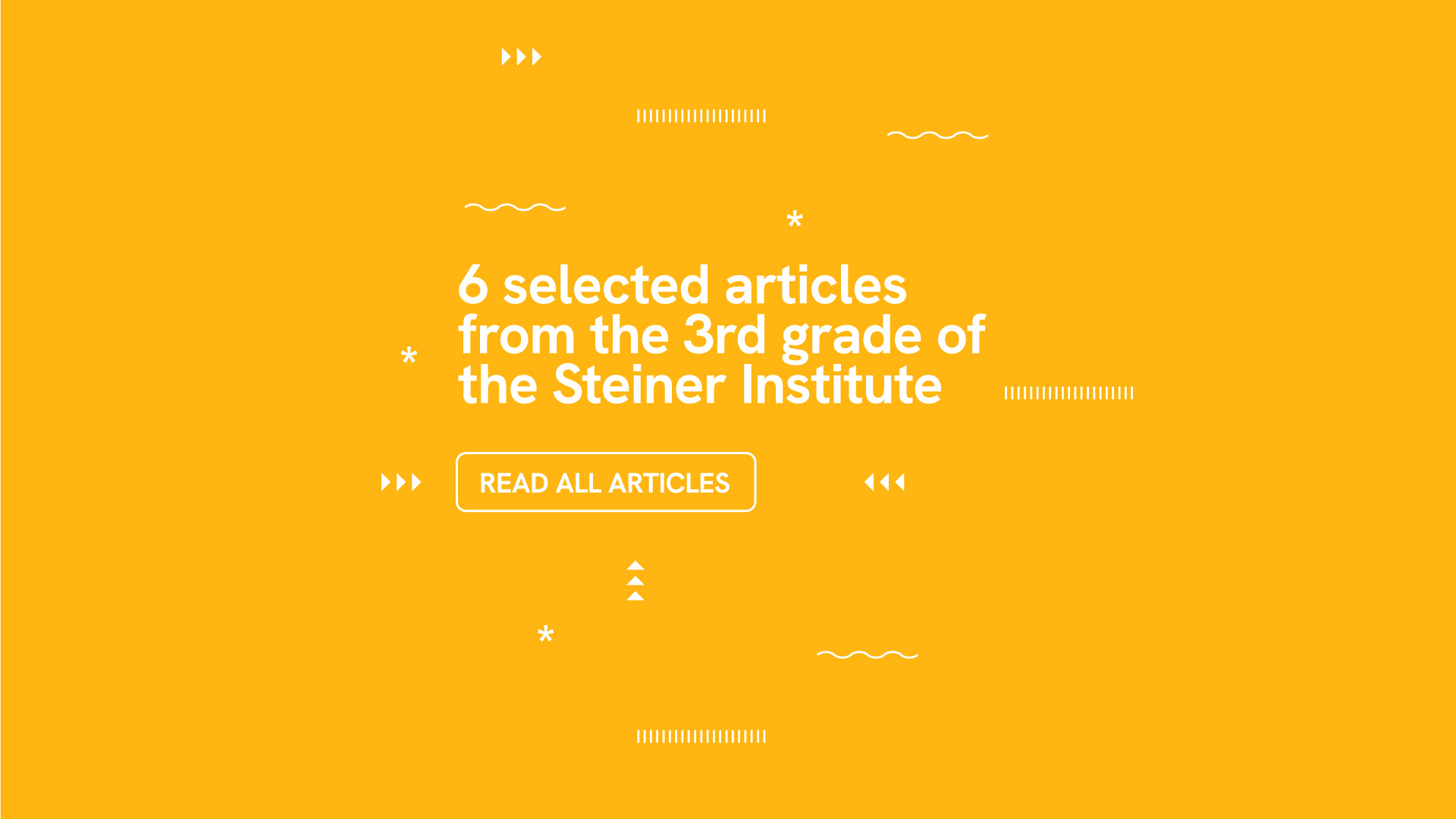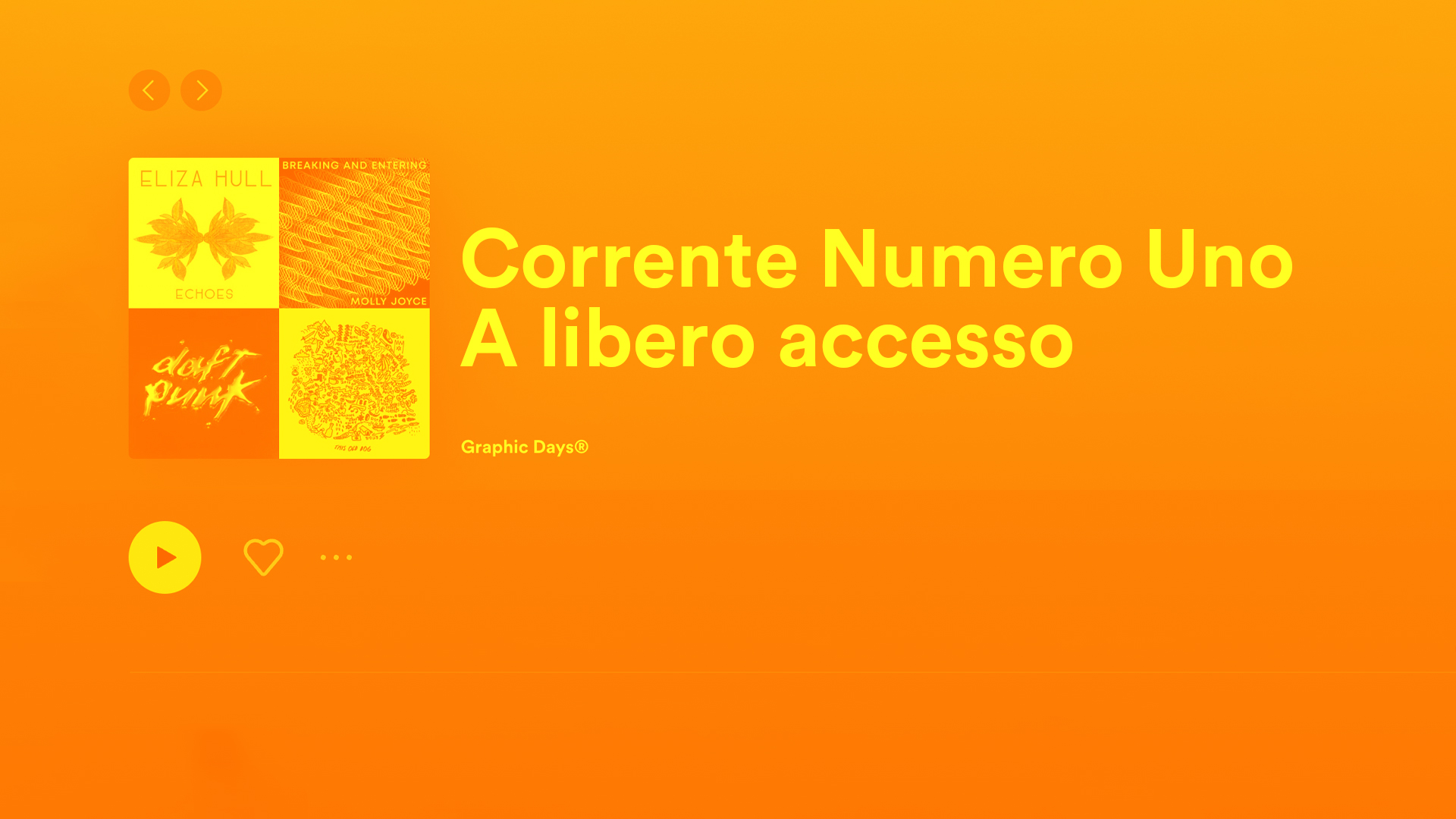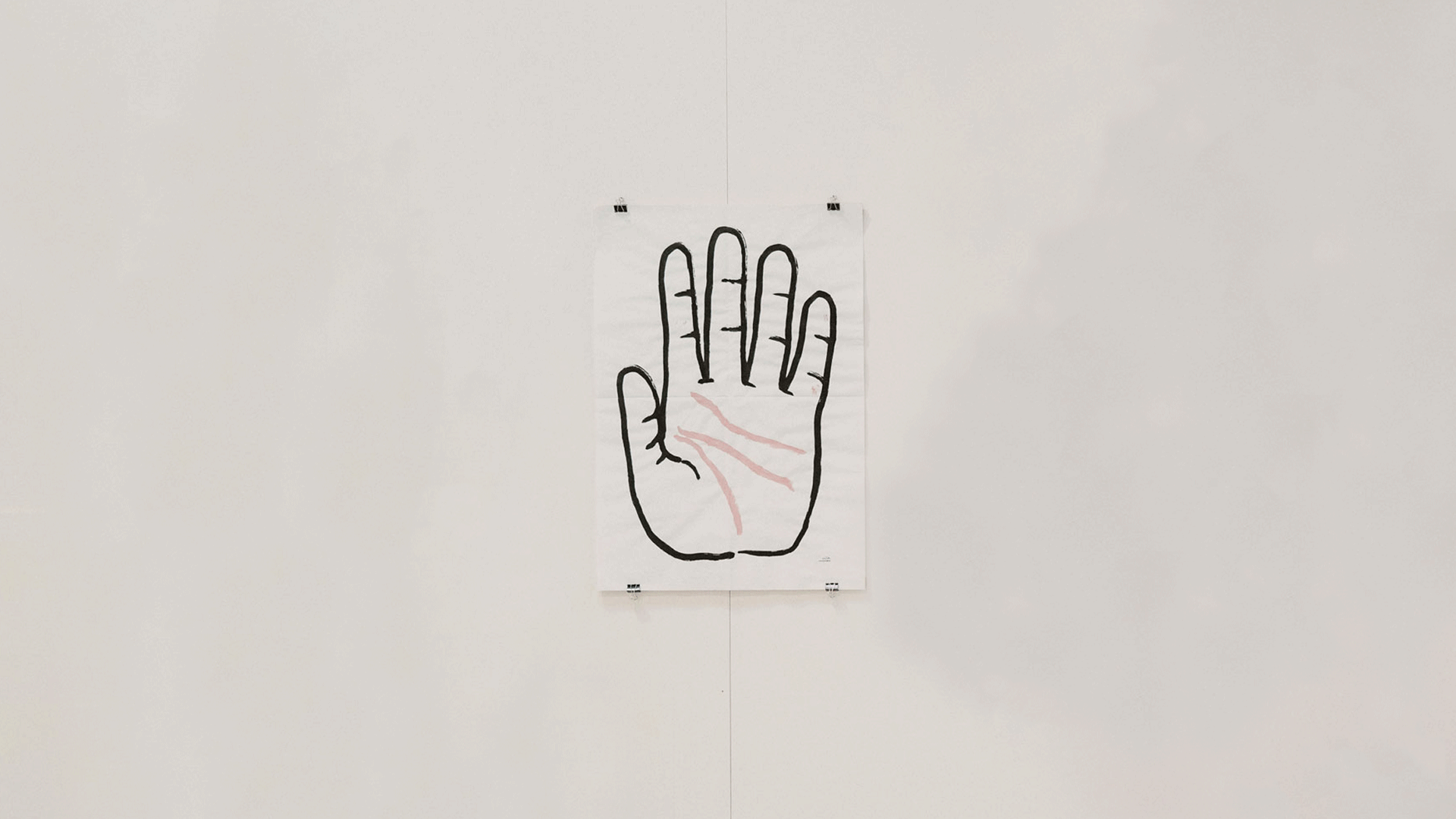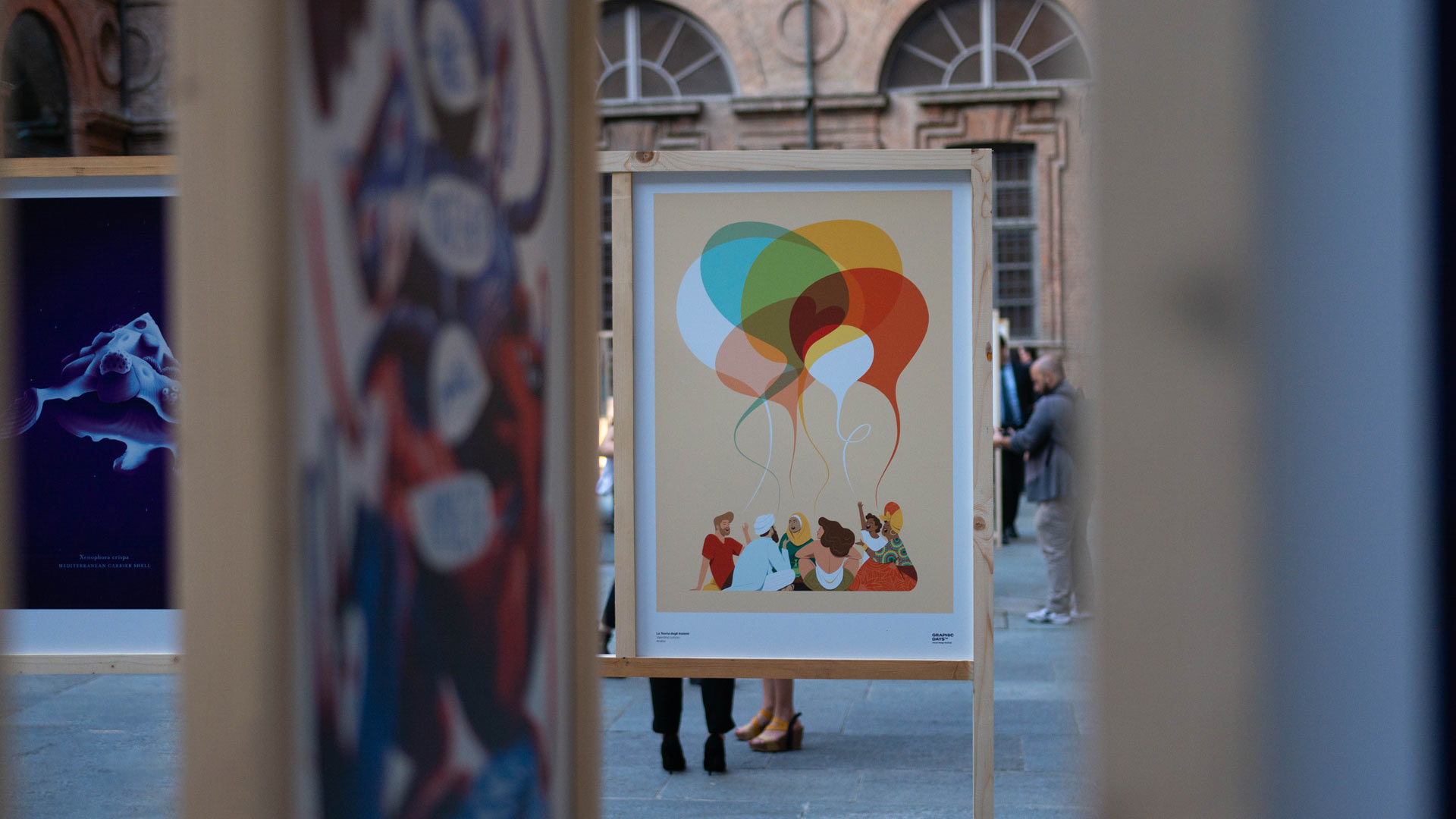From fashion with adaptive clothing, to the design of kitchen utensils and communication campaigns, social design is a fundamental tool for promoting the inclusion of different forms of disability.
Ableism, a discrimination we don’t talk much about
Disabled people experience discrimination, segregation and exclusion every day. This oppression linked to disability has a name, ableism, and it is called so precisely because it is a system of thought that revolves around the idea of a “able” body-mind, that is, without disabilities. Anyone who does not fit into this ideal body-mind standard (which is clearly an unrealistic standard) is seen as defective, with less value, less worthy of rights.
In concrete terms, this leads to the fact that public transport is not yet fully accessible for those with certain disabilities, and that most shops and clubs, public offices and doctors’ offices have a step to enter, thus excluding many people. Furthermore, it is very common for employers not to hire disabled people because they have prejudices against them. Most people with various types of disabilities can testify to having experienced paternalism, exclusion, underestimation of their abilities, harassment and ableist violence several times in their lives.
So it’s no surprise that, if we look at the way the media talks about disability, it makes us nervous.
We can find recurring patterns in the way disabled people are described. The idea of disability as a tragedy dominates, and there is a flattening of the lives of disabled people, often described as victims or, on the contrary, as heroes or heroines (think of the way we hear about paralympic athletes). Stories that invite non-disabled people to reflect on how lucky they are are widely spread.
In cinema, we often find the disabled person who gives life lessons to others (Forrest Gump) and the romanticization of the disabled person who wants to die (Million Dollar Baby, Io prima di te). All these narratives, even the apparently “positive” ones, are degrading and far from the real life of disabled people. It is very difficult to find a disabled character characterized at 360 degrees, whose story does not revolve only around disability and with whom, as a spectator, one can identify. In short, it is rare to find fully human disabled characters.
Then there is a long tradition of disabled characters who play the villain of the story (Le Streghe, Wild Wild West, Captain Hook, Darth Vader), where the disability “increases” their monstrosity.
We conclude with some movie suggestions. Un metro e venti is a 2020 Argentine miniseries that offers an insight into the life of a high school girl in an electric wheelchair. The Peanut Butter Falcon is a 2019 adventure comedy about a boy with Down syndrome who escapes from the institution where he lives. My Name Is Sam (2001) is a very enjoyable but also profound film that talks about the important issue of denied and hindered parenthood for disabled people, especially those with intellectual disabilities.
Elena and Maria Chiara Paolini (Witty Wheels)
They are trainers on disability and ableism from a feminist perspective. Authors of “Mezze persone. Riconoscere e comprendere l’abilismo” and “Che brava che sei! 8 storie di abilismo quotidiano”.
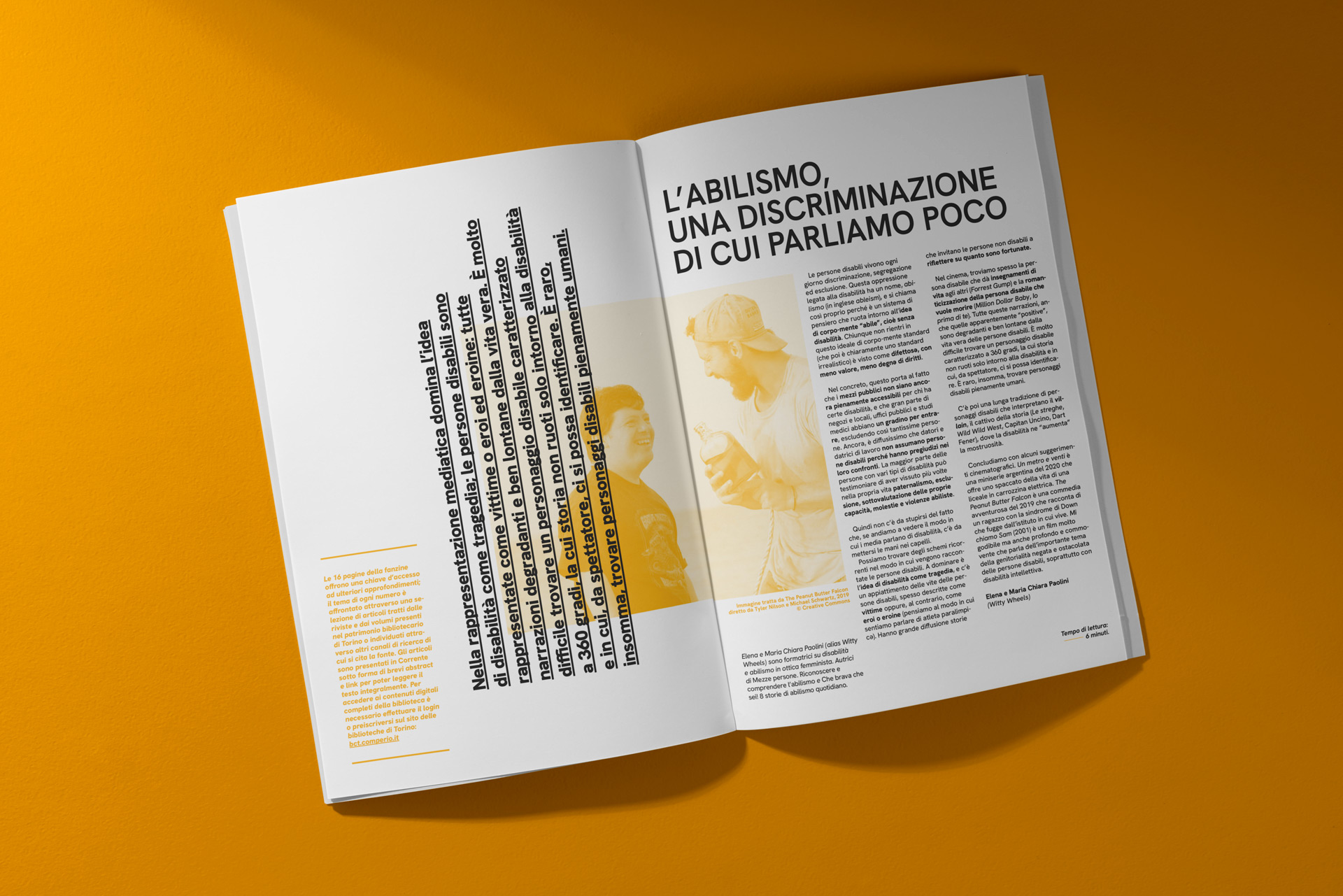
From fashion with adaptive clothing, to the design of kitchen utensils and communication campaigns, social design is a fundamental tool for promoting the inclusion of different forms of disability. An example of this is the space created in Birmingham by the Dual Works studio for the Sense charity, with the aim of promoting creativity and sociability among people with disabilities. In Switzerland, the principles of Design for All have also become a design manifesto.
Technology can represent a good ally: the use of virtual and augmented reality is being tested to encourage independent movement on public transport; furthermore, numerous apps help organize trips by offering information on tourist destinations; finally, audiogames accessible to all were born, demonstrating the attention of the gaming world towards inclusiveness. However, touch and physical interaction more generally remain important channels of communication, as emerges from Internazionale’s in-depth analysis of the concept of protactile.
At the end, a curiosity: in the province of Pavia, Lego bricks were used to eliminate architectural barriers.
Disability, in its various forms, is an issue that involves a large percentage of the Italian population, but there is a lack of attention from companies: a million people with different abilities are unable to enter the working world. The 2023 Labor Decree tries to remedy offering incentives for new hires; furthermore, a web app was created to encourage the visually impaired population to search for new jobs.
The bullying episode in the province of Pavia against a couple with Down syndrome demonstrates how necessary it is still to invest in raising awareness on these issues to promote inclusiveness.
However, there is no shortage of good news: an innovative technology allows the creation of bionic limbs, reducing the negative consequences of traditional prostheses and a residential project has been launched in the Brescia area to encourage the autonomy of people with disabilities. Finally, the “Snoezelen” room will be created in Forlì, a space specifically designed to provide a multisensory experience with visual, tactile, olfactory, auditory and proprioceptive stimuli.
The proposed selection is the outcome of the editorial workshops carried out with the 3rd D class of the Albe Steiner professional institute in Turin, following the research that each student carried out independently and within the Alberto Geisser library.
Students: Andrea Baracco, Giorgia Berti, Davide Boraso, Anastasia Carbone, Giorgia Ceglia, Luca De Falco, Riccardo Fontanarosa, Hasan Moriom, Andrea Lo Grasso, Sofia Piacentini, Serena Martina Sabou, Robin Simonetti, Alessandro Tabara, Cristian Trapella
Teachers: Walter Paradiso, Angela Squarcia
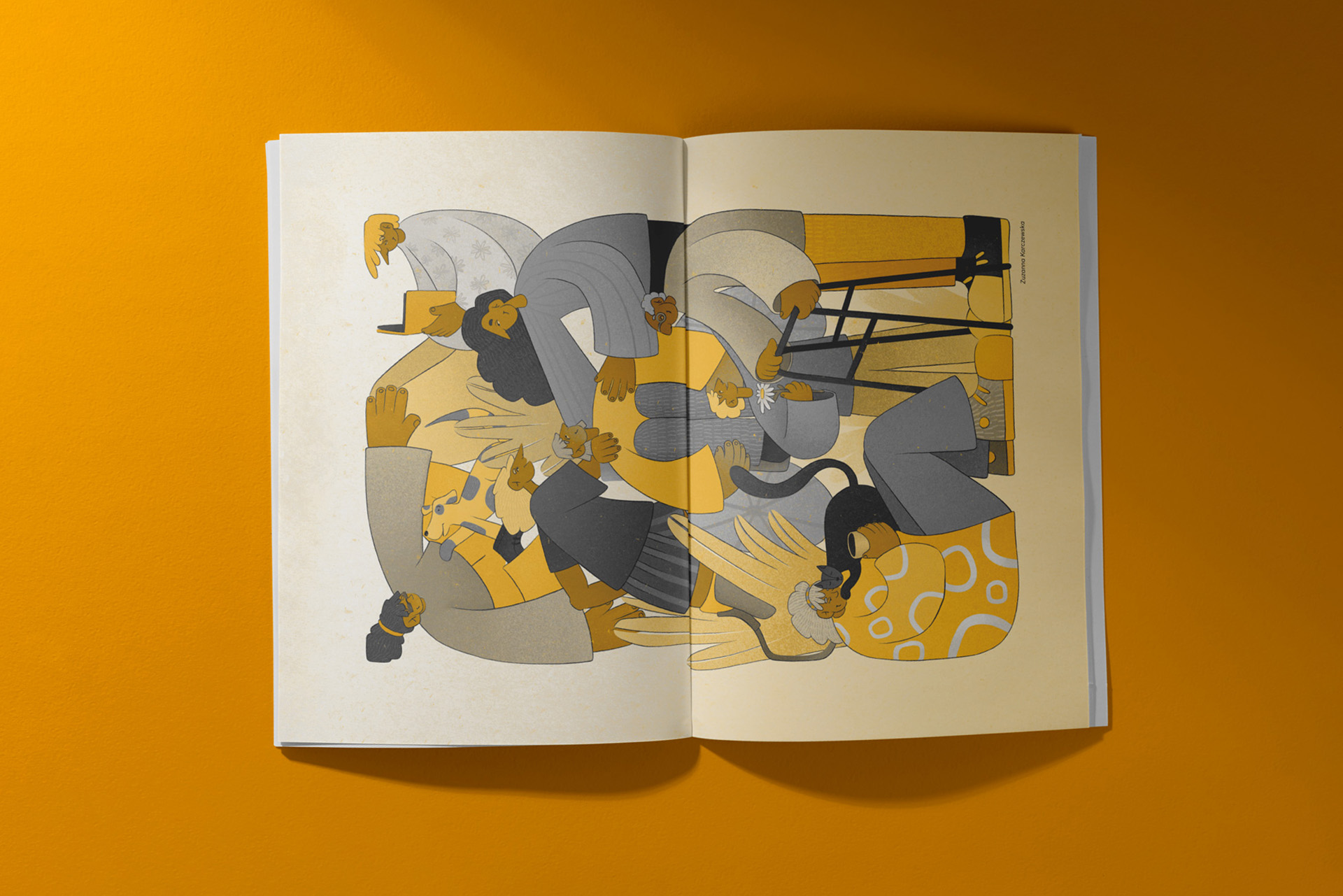
Books for All
For thirty years, the Paideia Foundation has been committed to spreading a culture of childhood for the construction of a more inclusive and responsible society; the Libri per tutti project explains its mission well. Since 2016, we have identified writing in symbols as a significant way that allows boys and girls to share texts and stories. Augmentative and Alternative Communication (CAA) has been a very precious and extraordinarily effective resource, even though it was born in clinical and rehabilitation practice. AAC attempts to compensate for temporary or permanent communication disabilities, limitations in the participation of people with complex communication needs. Through AAC, we express the intent to increase the opportunities for participation of every child, also thanks to methods other than verbal, such as images, symbols, gestures, signs. AAC is therefore a flexible system that enhances the possibilities of access to communication for those who encounter difficulties. Not only children and young people with complex communication needs benefit from it, but also foreign people experiencing the local language for the first time and people of all ages with communication fragility.
With Libri per tutti we have discovered new methods for conceiving books. The text in symbols and the visual code of the illustrations are paths that can be followed by everyone, to reach narratives and meanings. Libri per tutti is a network that develops throughout the Piedmontese territory between libraries, the Child Neuropsychiatry Services of the ASL and other bodies for the dissemination and promotion of books translated into symbols of the CAA in order to guarantee people with communication disorders independent access to reading texts. The project receives an annual contribution from the Piedmont Region. Paideia Foundation has taken on the role of promotion and coordination of the entire network and of the Editorial Shop, a “laboratory” where a team of different professionals works on the selection, translation and validation of books into symbols. Today, 78 shelves of Libri per tutti are active throughout Piedmont: they are found in libraries, museums, schools, but also healthcare companies. Overall, 3000 books are being distributed free of charge (the catalog of books translated and edited by Bottega Editoriale Paideia is 100 titles). Not only that, the books are accompanied by an inclusive reading, which we call “multimodal” because it implements all the person’s communication channels.
In the Library for inclusion of the Paideia Centre, in the circuit of the Turin Civic Libraries, we share texts and stories in a way suited to each individual’s identity, developing communication strategies and different languages and experimenting with unconventional reading methods, to guarantee participation of all. A library is a place of relationship where everyone is welcomed according to their possibilities. For us, books are engines of creative processes in the spaces of human growth of boys and girls. We want to demonstrate the real possibility of creating an integrated system of care around every child for which books and narratives act as opportunities for meeting and exchange: family-school-libraries-rehabilitation care centers-museums. With books, with people and with new experiences, we want to create an ecosystem in which the promotion of reading acts for the transformation of contexts, for inclusion.
Anna Peiretti
Responsible for the Libri per tutti project of the Paideia Foundation
Accessible mission
Turin’s civic libraries and the challenges of accessibility
Public libraries are spaces of freedom and participation. Strengthened by this assumption, Turin’s civic libraries work daily to maintain their mission, that is, to be essential places for the community, capable of sharing knowledge and experiences, offering opportunities for inclusion and participation for all. In recent months the BCTs are at the center of the urban regeneration plan (TorinoCambia) which involves the redevelopment of the areas surrounding the libraries and the rearrangement – according to the principles of universal design – of the furnishings and internal spaces, aimed at facilitating communication, ensuring the widest accessibility to information, resources, sharing and participation.
The accessible reading program develops collections of books and media in inclusive and accessible formats, regardless of personal abilities: books in symbols of the AAC – Augmentative Alternative Communication – created in collaboration with the Paideia Foundation; illustrated tactile books, designed to also be used by children with visual disabilities; highly readable books, with fonts that facilitate reading in case of DSA. Other resources specifically dedicated to visual impairment include the 6300 Braille volumes available at the Braille Library in via Nizza 151 and the over 10,000 audiobooks recorded by the Spoken Book Service.
For the BCTs, the theme of accessibility is a possible mission: a challenge that requires the involvement of the public, of associations, of the entire community, to form a fundamental network of cooperation that places reading at the center as an essential right for well-being and the quality of life of everyone.
Claudio Burdese
Turin civic libraries
Books
Fuoriserie. Tre storie di campionesse paralimpiche by Francesca Cavallo, Momo Edizioni, 2023
Mio fratello rincorre i dinosauri by Giacomo Mazzariol, Einaudi, 2018, available in the Turin civic libraries
In altre parole: dizionario minimo di diversità by Fabrizio Acanfora, Effequ, 2021, available at Maurice GLBTQ Library
Lo strano caso del cane ucciso a mezzanotte by Mark Haddon, Mondadori, 2021, available at Dietrich Bonhoeffer Library
Un viaggio che parla di te. L’avventura di una famiglia nata libera by Giulia Lamarca, De Agostini, 2023, available in the MediaLibraryOnLine of Turin civic libraries
Viola by Marina Cuollo, Fandango, 2022, available in the Turin civic libraries
Film, documentaries and TV series
David Holmes: The boy who lived. Directed by Dan Hartley, documentary, 87’, 2023. Selected by 3°D Albe Steiner Institute
Nata per te. Directed by Fabio Mollo, dramatic, 113’, 2023
The Greatest showman. Directed by Michael Gracey, biography, 105’, 2017
Wonder. Directed by Stephen Chbosky, dramatic, 113’, 2017
Atypical. Directed by Robia Rashid, TV series, comedy, 2017-2021
The theory of everything. Directed by James Marsh, biography, 123’, 2014
Suggestions from social networks
@elicosta_99
@lunnylunnylunny
The proposals of the 3rd D class of the Albe Steiner institute
@emanuelcosminstoica
@margherita.tercon
Altri progetti


